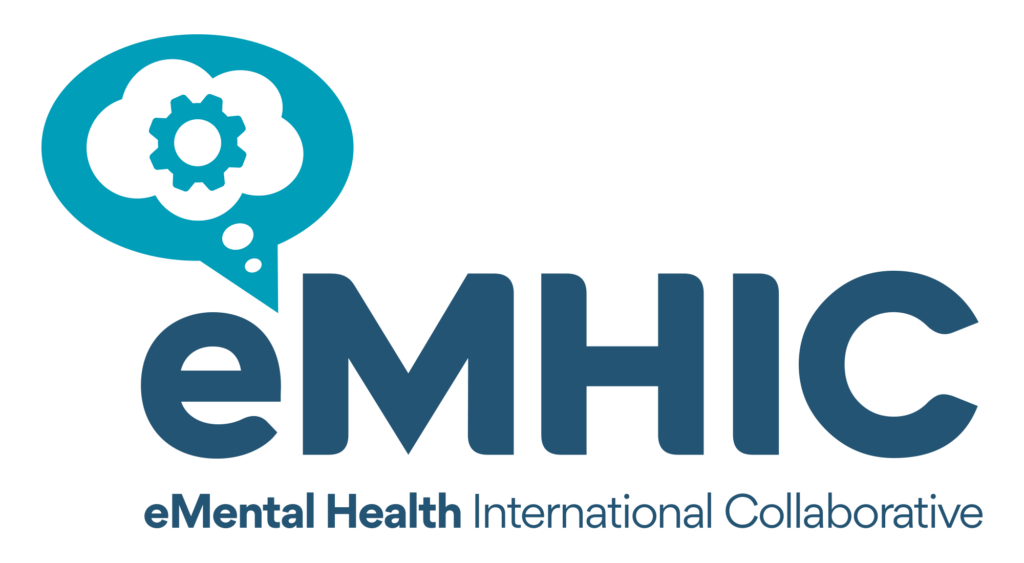Key Highlights:
Background:
- “Despite the popularity of digital technology, particularly in adolescent and young adult populations, digital mental health interventions are characterized by low uptake and high attrition rates. The struggle to engage users, and sustain engagement over time, is one of the greatest obstacles facing the digital mental health ”
- “Incorporating recommender systems into the digital mental health ecosystem presents a promising solution to [the] finding that apps lack overall relevance to the user, thus leading to low engagement with what could otherwise be beneficial mental health care. A recommender system is an information filtering system that uses algorithms to predict content or information that the system deems relevant to the individual.”
- “While the dis-course surrounding the ethics of recommender systems is in its infancy…it is an area in need of careful consideration… An ethical examination is of particular importance in the mental health field, as algorithmic systems that recommend digital mental health interventions are likely to have real-world implications on the mental health and wellbeing of those who use them.”
Discussion Points:
- The advantages of recommender systems include:
- Reducing choice overload
- Increasing the digital therapeutic alliance between user and technology through relevant content recommendations
- Support users to access comprehensible personal health data and receive recommendations to self-manage health and well-being
- Ethical concerns include:
- Recommender systems may have limited explainability regarding sensitive and personal information
- Privacy/personalisation trade-off and recommendation quality
- Lack of user control over personal history
Conclusion:
- “This paper highlights the opportunity to increase the relevance of digital mental health technology to users by incorporating recommender systems that suggest personalised content based on an individual’s data exhaust. Advantages and ethical concerns of incorporating recommender systems into the digital mental health domain provide a greater understanding of how DMH apps can effectively and ethically implement recommender systems.”
Click here to read the full article.
